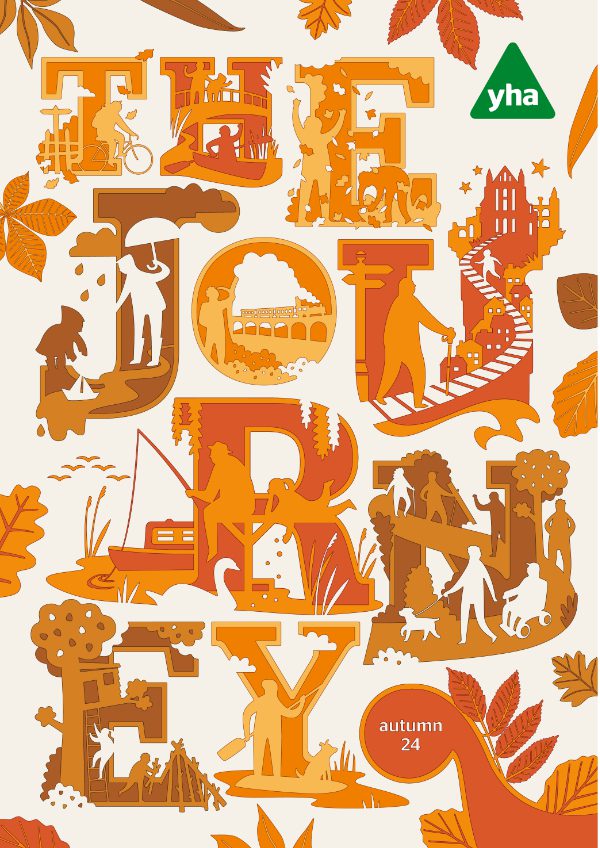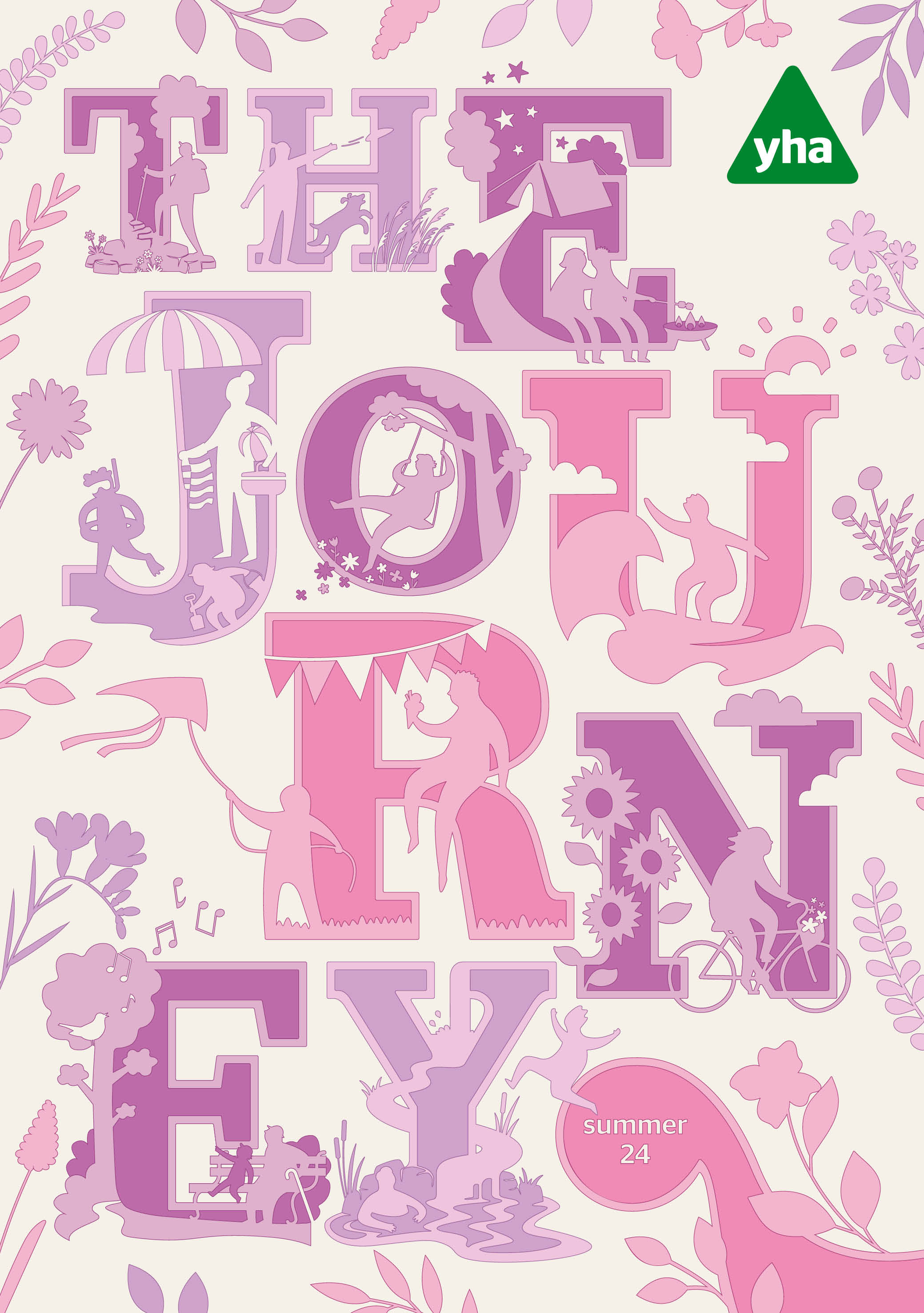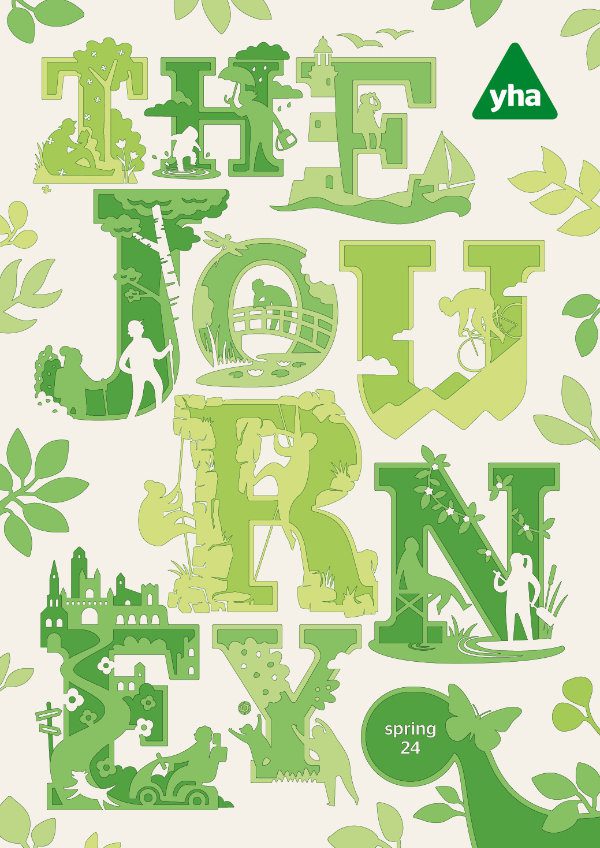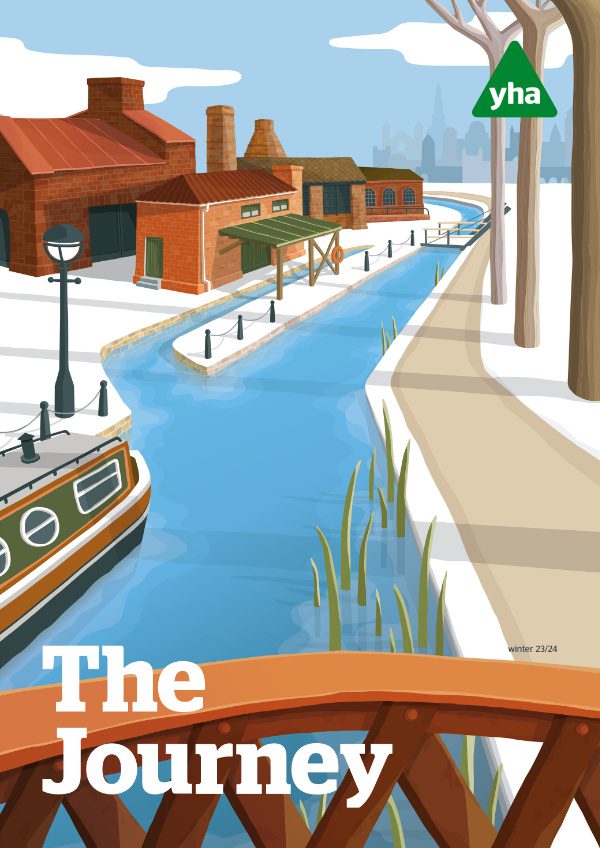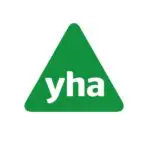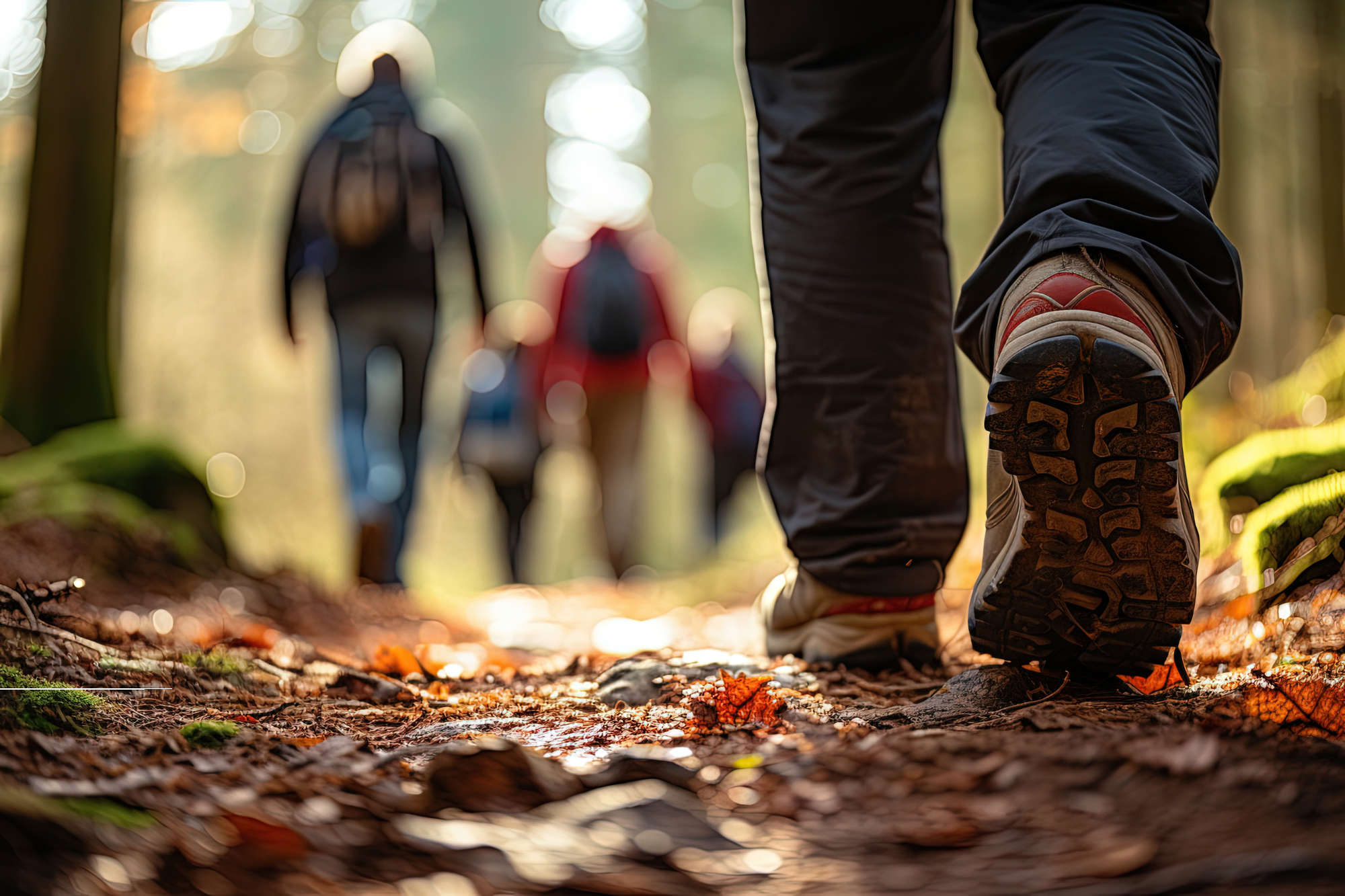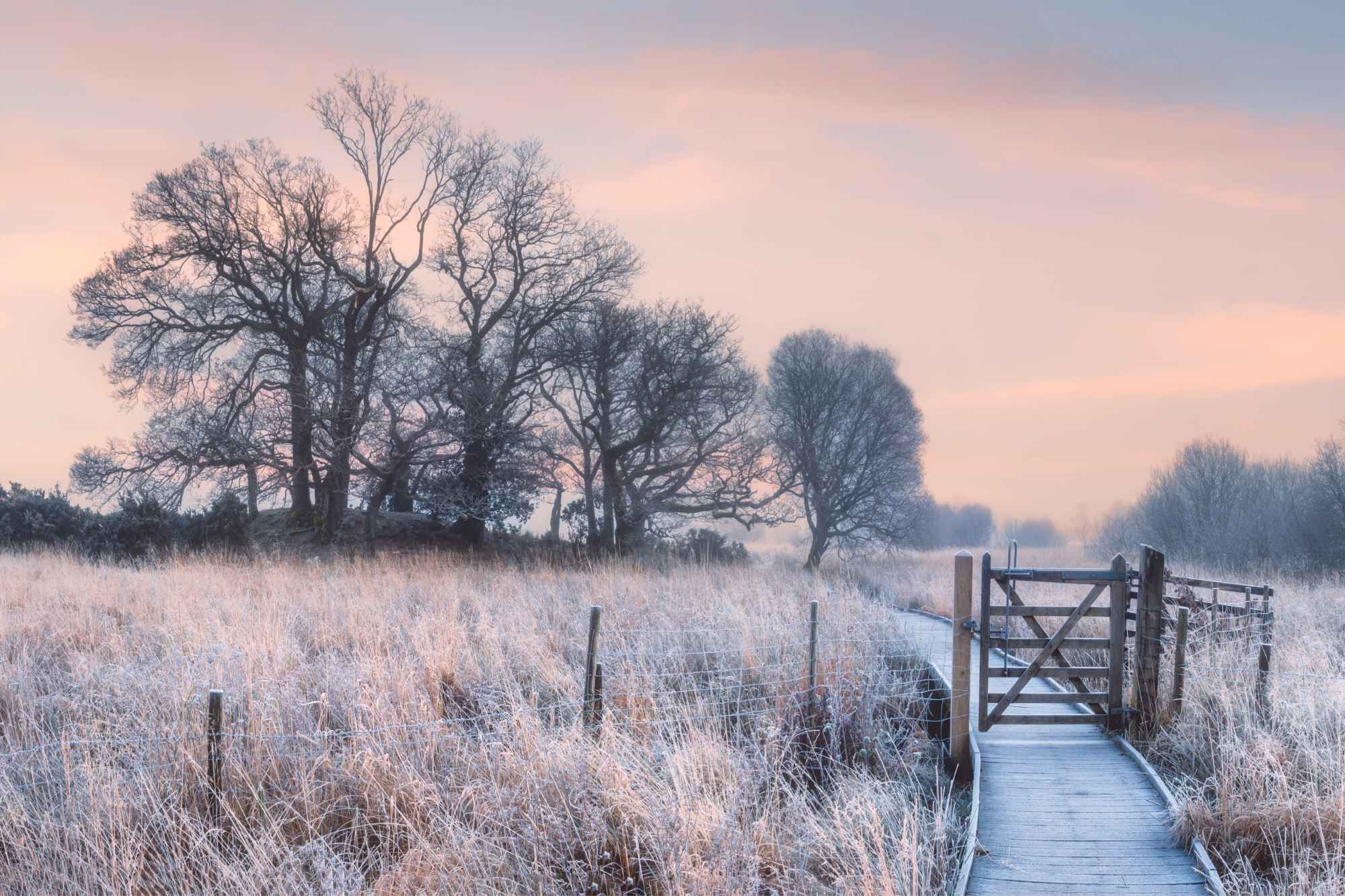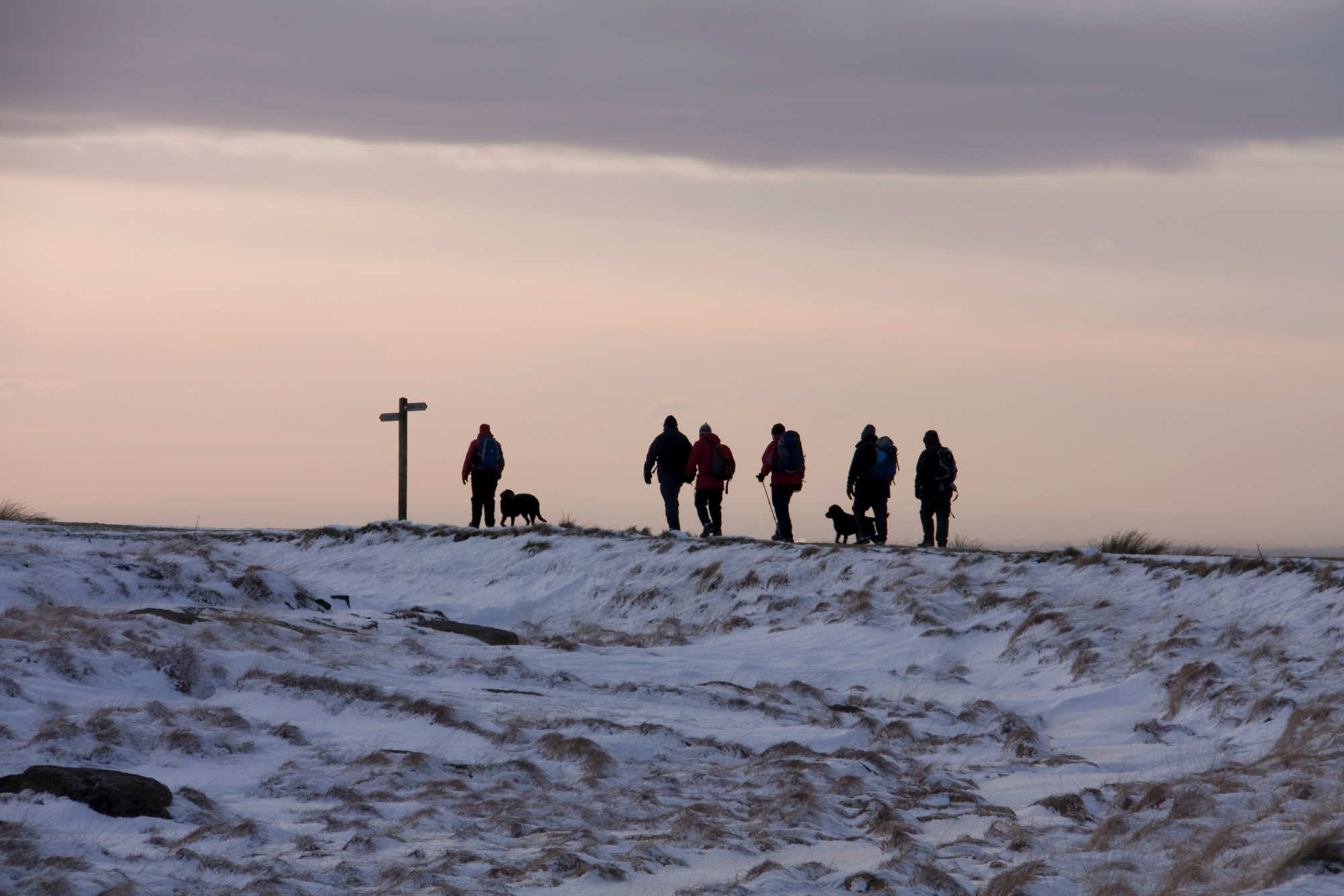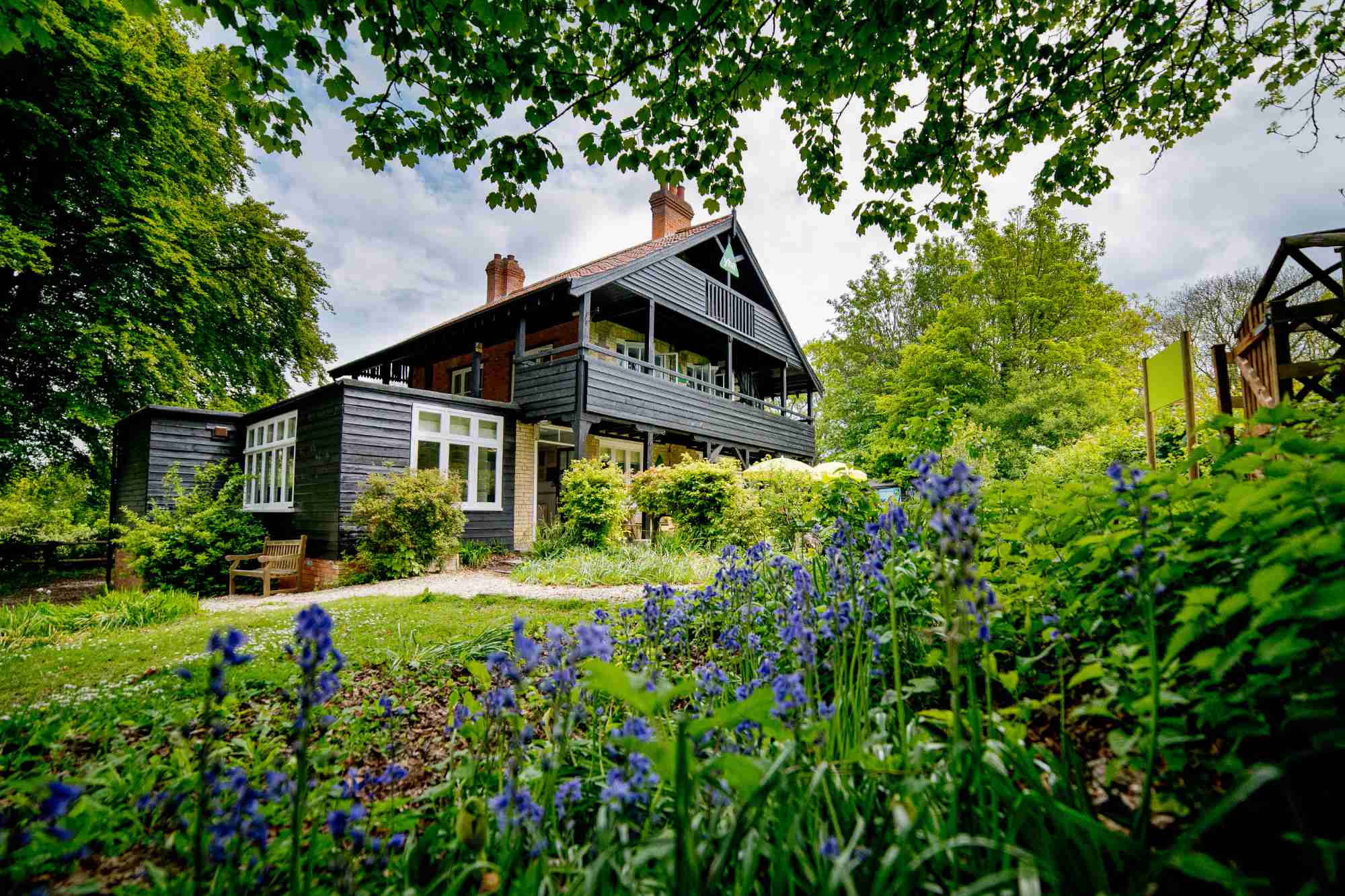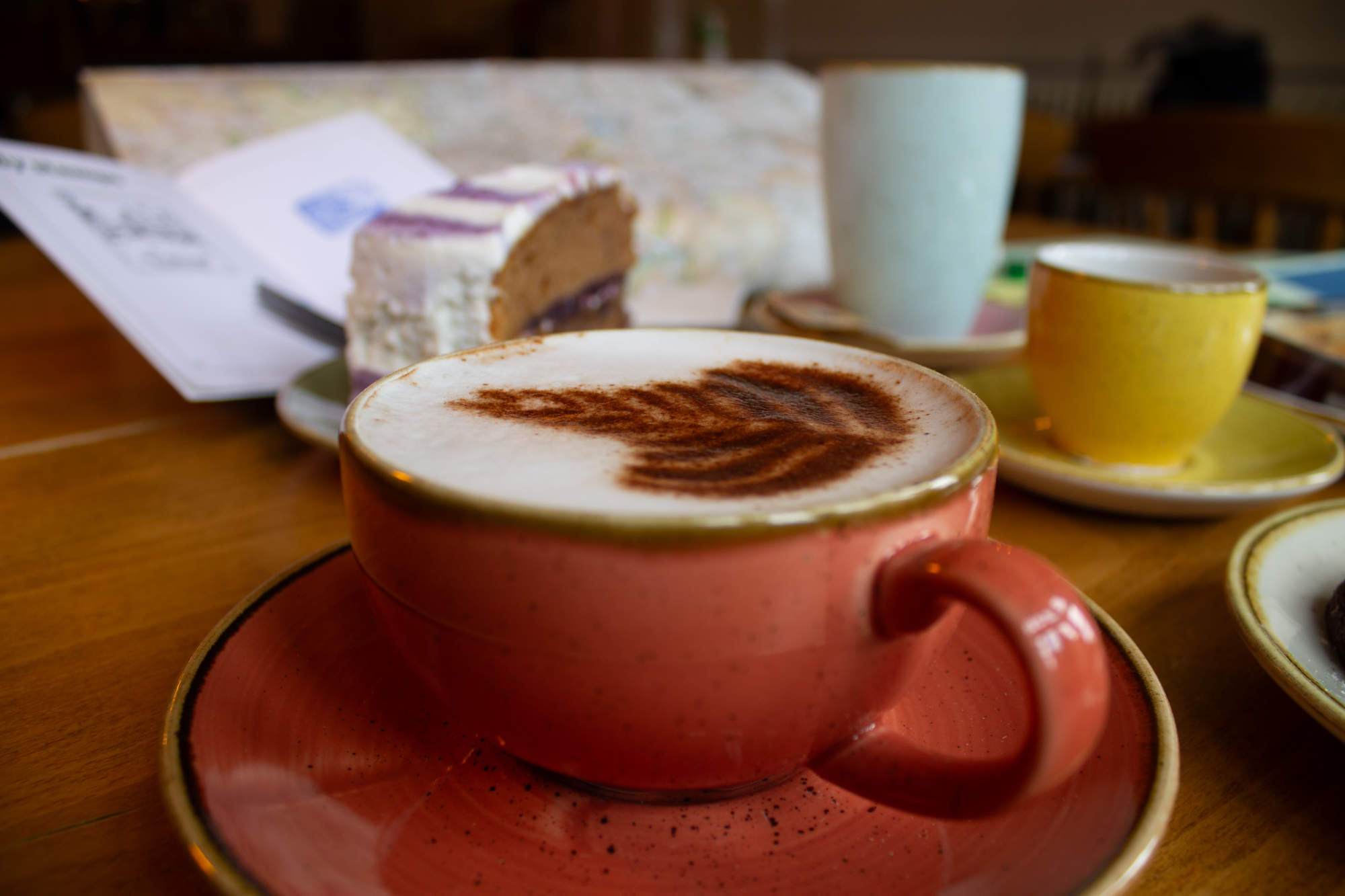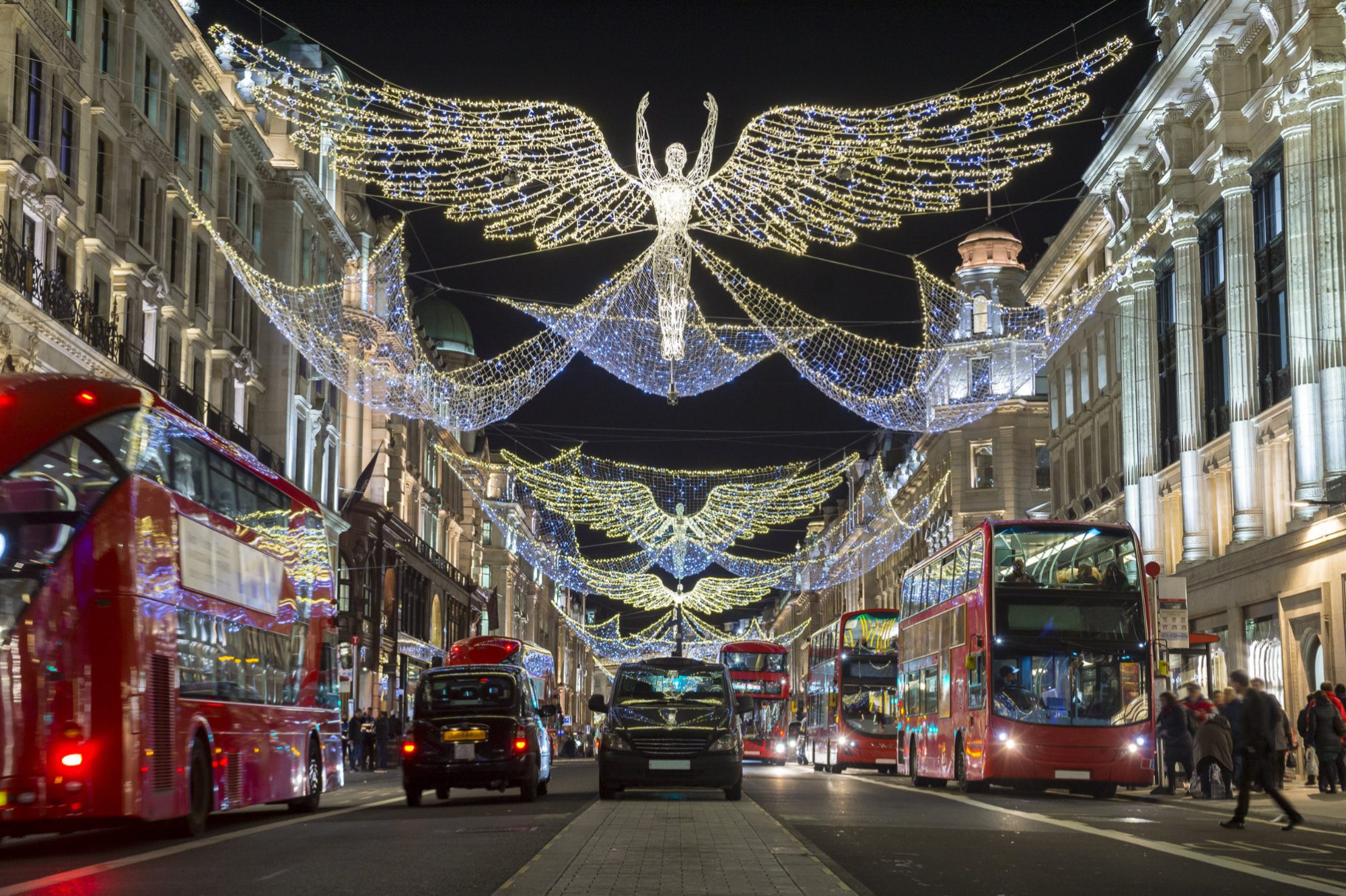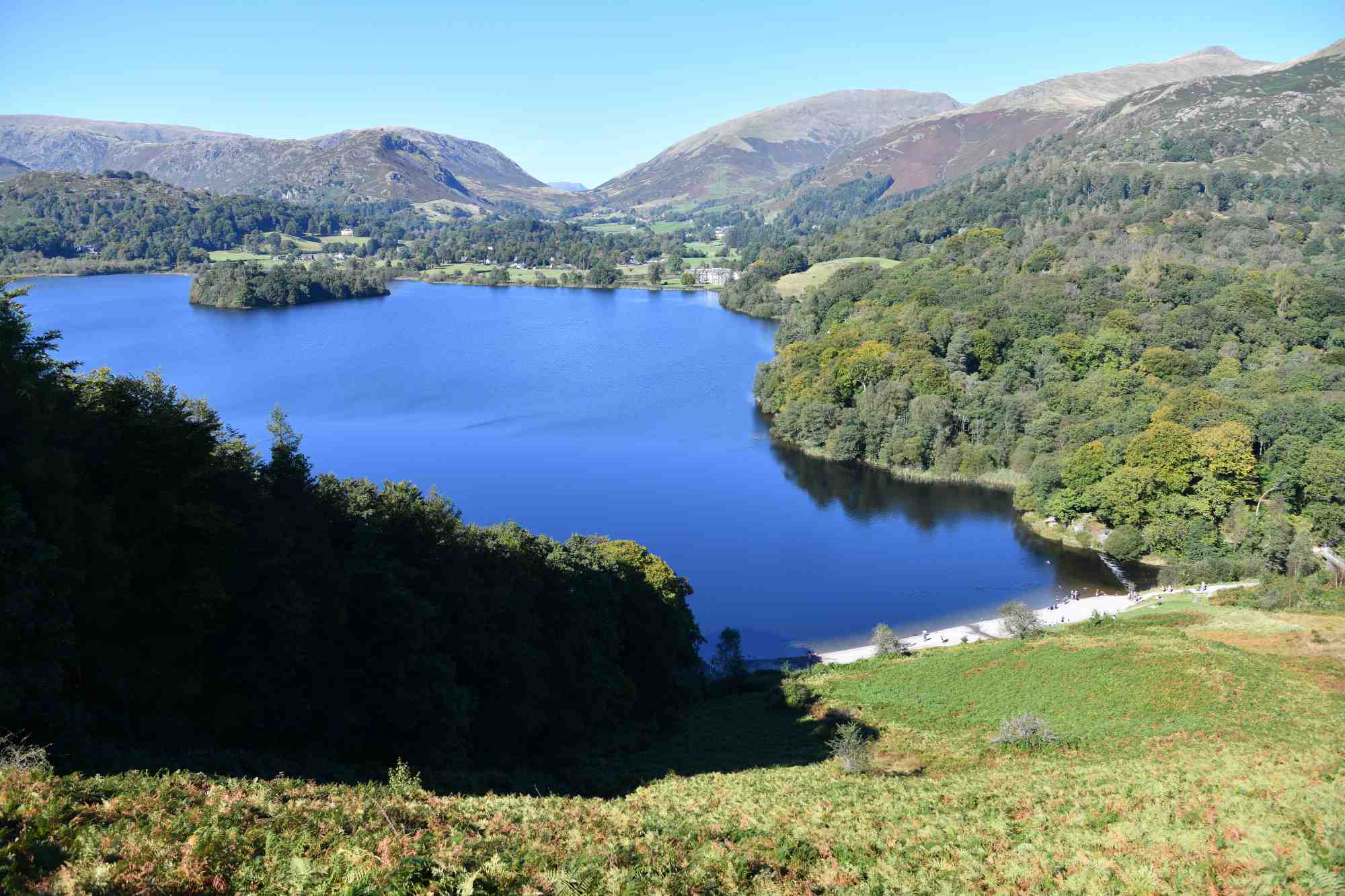YHA Black Sail seemed unreasonably far away. A little hut, more of a speck, far down in the valley. Was that a wisp of smoke rising out of the chimney? It had been a long day already, hiking up Scafell Pike from Wasdale, then trekking across to Great End, Great Gable and Windy Gap. Now I was exhausted, ready to sit down. The weather was quintessential Lake District, serving up everything at once: sun, showers, wind, clouds passing overhead at speed.
It was a distance of around two kilometres from Windy Gap — the mountain pass just below Great Gable, one of Lakeland’s most pleasingly pointy mountains — down to Ennerdale’s YHA Black Sail, but I wanted to be there as quickly as possible. I had only the vaguest idea what to expect from the hostel, but I was at least hoping for a roof and a kettle.
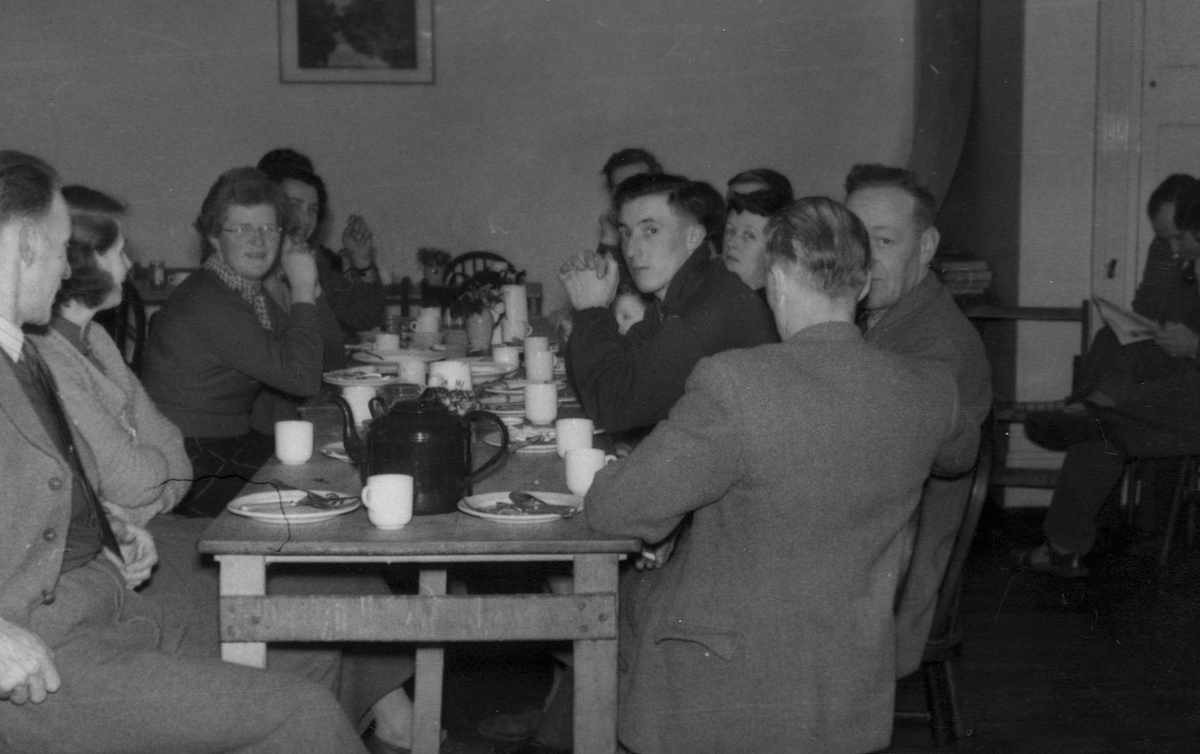
YHA Black Sail is one of those places that members often mention first in the “Have you been to this or that hostel?” conversation. Other than it being inaccessible by vehicle, I didn’t yet know why.
The rain began lashing again as I approached the hostel. Through a little pane of glass, I could see people and light. This was a good start. As I opened the door in a rather loud fashion, ably assisted by a gust of wind, a blast of heat hit me. Then a blast of song. Wiping my glasses, I saw full tables and someone playing on a guitar. The song briefly stopped. We exchanged hellos, then they started up again.
I’d missed dinner, but the hostel warden calmly gave me a seat and asked if I wanted some leftover stroganoff and garlic bread.
“YES PLEASE!” I wondered briefly if I’d walked back into 1937. The semblance would have been uncanny, if it wasn’t for the fact that the songs being sung were Oasis covers rather than [*refers to the official YHA Songbook from 1952] “What shall we do with the drunken sailor?” or “Wha’ll buy caller herrin’?” which is a ditty perhaps best left in the past.
As well as the singers, there was a family from Sweden playing Uno and a couple of lads hiking from one coast to another. I made friends that night. Beers were drunk, songs were sung, email addresses exchanged.
Fast forward a decade or more. My most recent hostel evening experience — at YHA Brecon Beacons — didn’t involve a guitar, but did focus on a game of Trivial Pursuit (with questions from about 20 years ago, naturally) in front of the fire. Before long, everyone in the lounge was answering the questions. I’m always struck by the range of reasons people have for staying in hostels. Myself and a friend had just run a trail marathon across the nearby hills (blustery, hard, wonderful), while others were here to hike, or catch up with old acquaintances. There were families on long weekends away, exploring somewhere new. Everyone had a story. And everyone shared.
I first stayed in youth hostels walking the South Downs Way as a 10-year-old, back in the days of stamps, chores, and sheet sleeping bags. For someone from a small northern industrial town, brought up in a world of steelwork closures and picket lines, they were places that offered a wild sense of freedom.
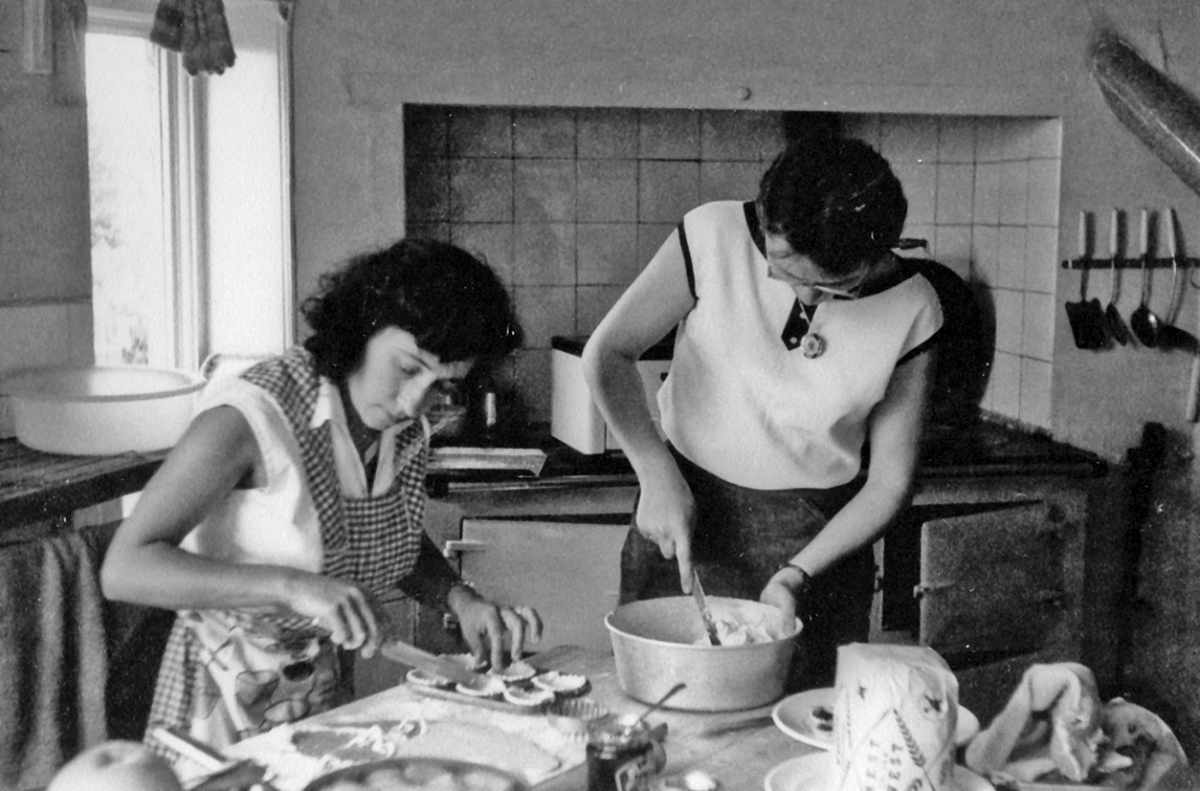
While I’ve got my rose-tinted spectacles on, these hostels also offered the first chance to meet people from other countries. This is something echoed by the actor and YHA supporter Larry Lamb. “It made me realise there was much more of the world out there,” he said of his first hostel experience, when he was interviewed for an issue of The Journey last year.
This is also a sentiment that’s apparent in the letters and emails this magazine often receives. It’s now been almost 95 years since our first hostel opened its doors, but some things remain constant. YHA is a charity with the mission “To enrich the lives of all, especially young people, by providing brilliant hostel stays and experiences that improve physical health, mental wellbeing and life skills.” The health benefits of being outside in nature are now well-researched and documented, but what is perhaps less recognised are the mental health benefits of simply being around other people, often really friendly people.
Over that recent stay at YHA Brecon Beacons, it struck me that there are relatively few times in life that give you the chance to meet so many new people. No matter their reason for staying, hostellers have a common sense of purpose, by the simple nature of being a member or guest of YHA. It’s a shared community in the truest sense.
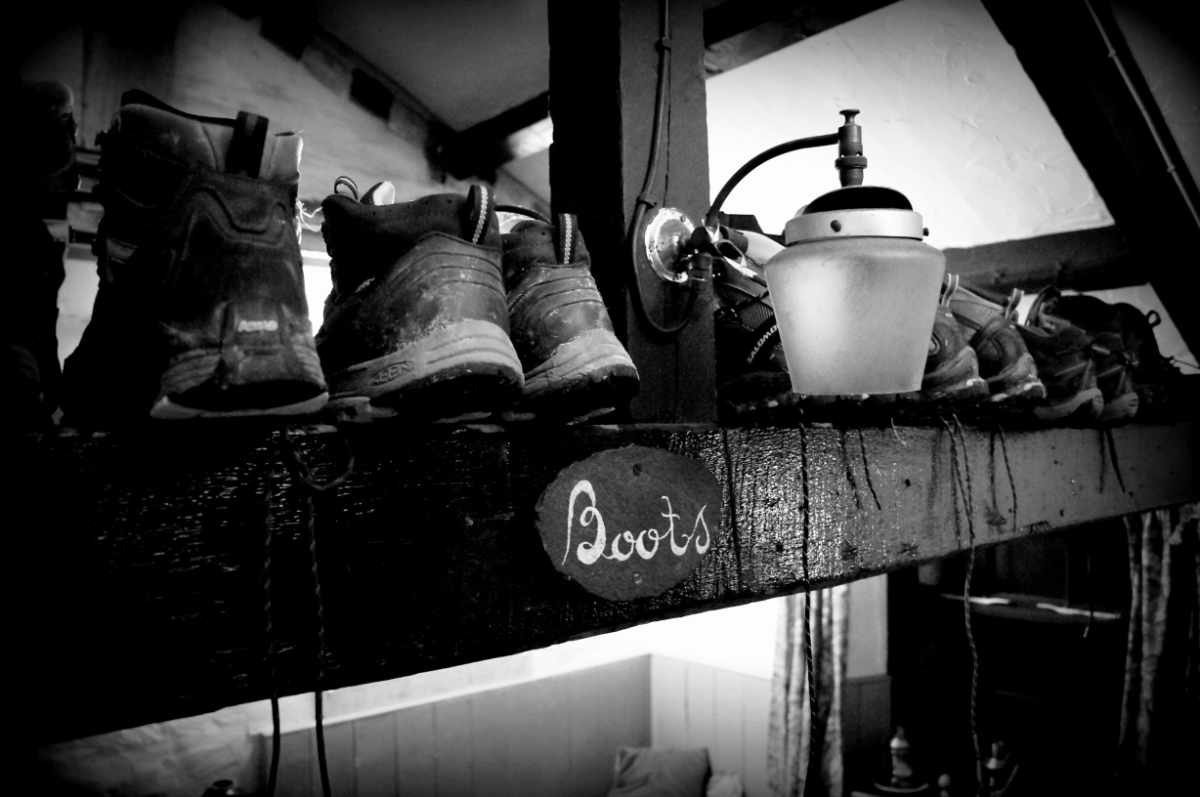
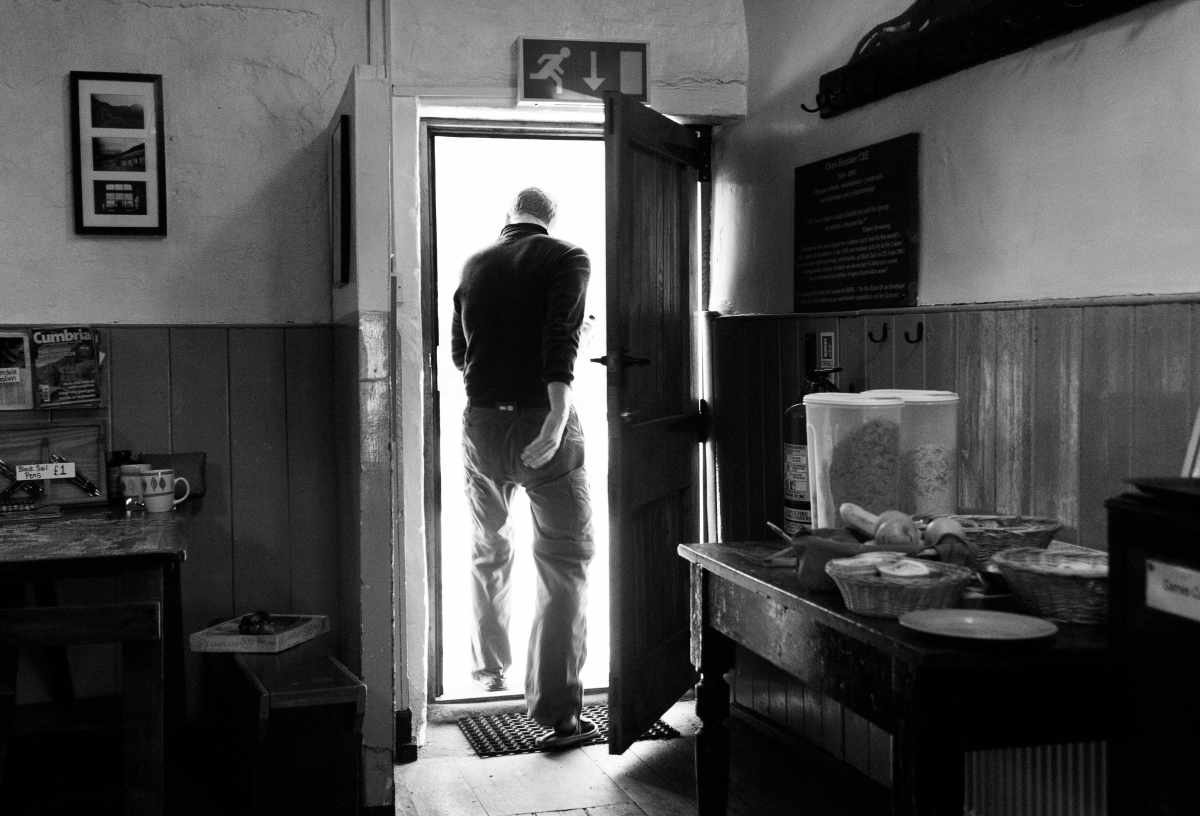
The YHA Songbook
“Many a common room sing-song is marred because a few of the hostellers know more than the first verses of the songs, and all too frequently the item that begins as a rousing chorus ends as a faltering solo.” So read the introduction to the first edition of the YHA Song Book (price: “one shilling”). “To overcome these hindrances to hostel harmony, this Y.H.A. Song Book is published.”
The editors then explain the difficulty of choosing the songs. For example, those tunes “unsuited to performance by untrained choirs” were omitted.
The first edition of the songbook was published in 1952, and it was subsequently reprinted regularly. The 94 songs were broken down into ‘General’, ‘Rounds’ and ‘Welsh’, and included songs such as Frêre Jacques, Aw went to Blaydon Races, ’twas on the ninth of Joon, and the undeniably timely What’s the use of wearing braces.
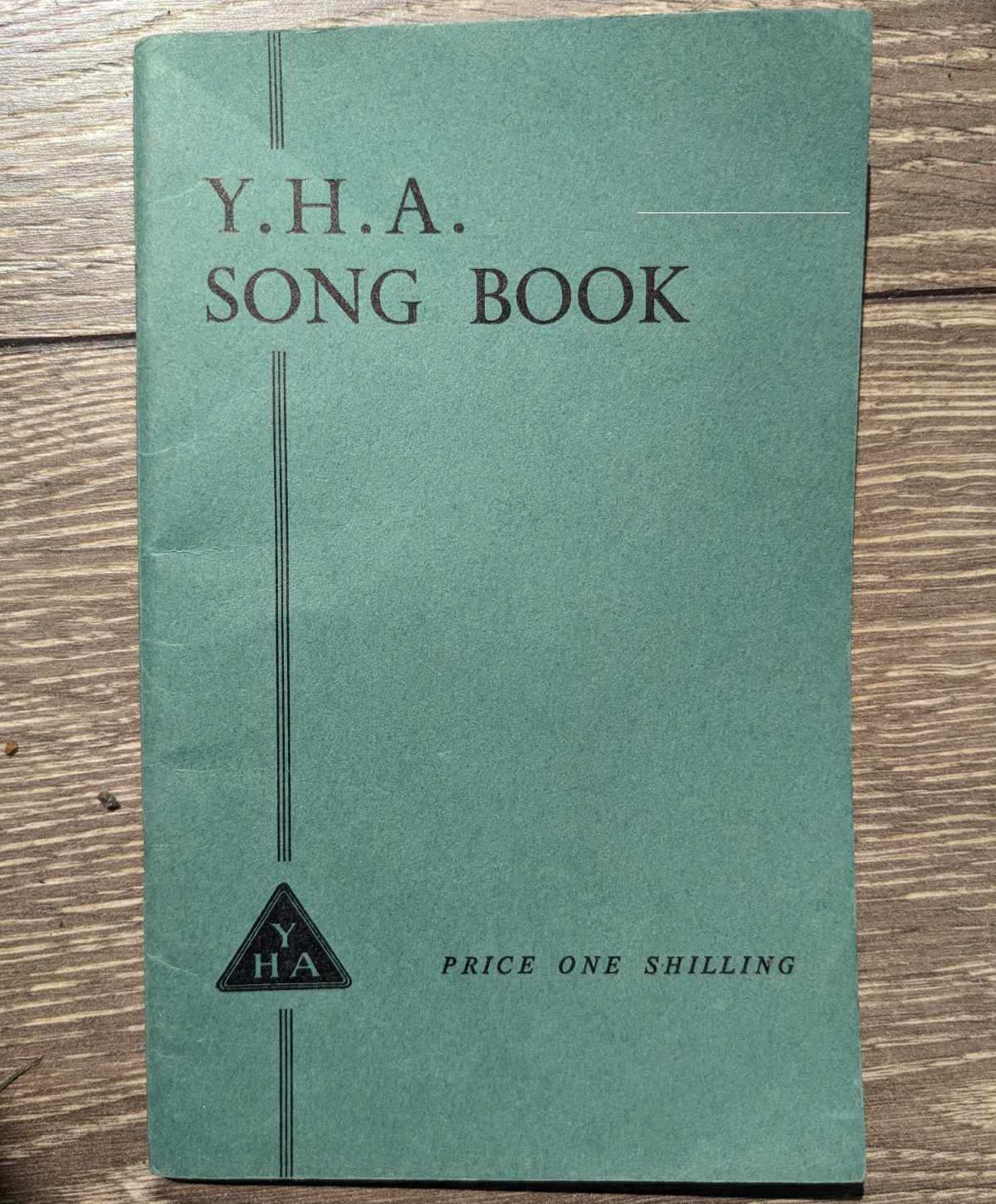
“It is hoped that the Y.H.A. Song Book will add to the enjoyment of common room sing-songs,” the editors wrote.
They would have been pleased to know, no doubt, that YHA common rooms across the country are often still places of life, conversation and music.
